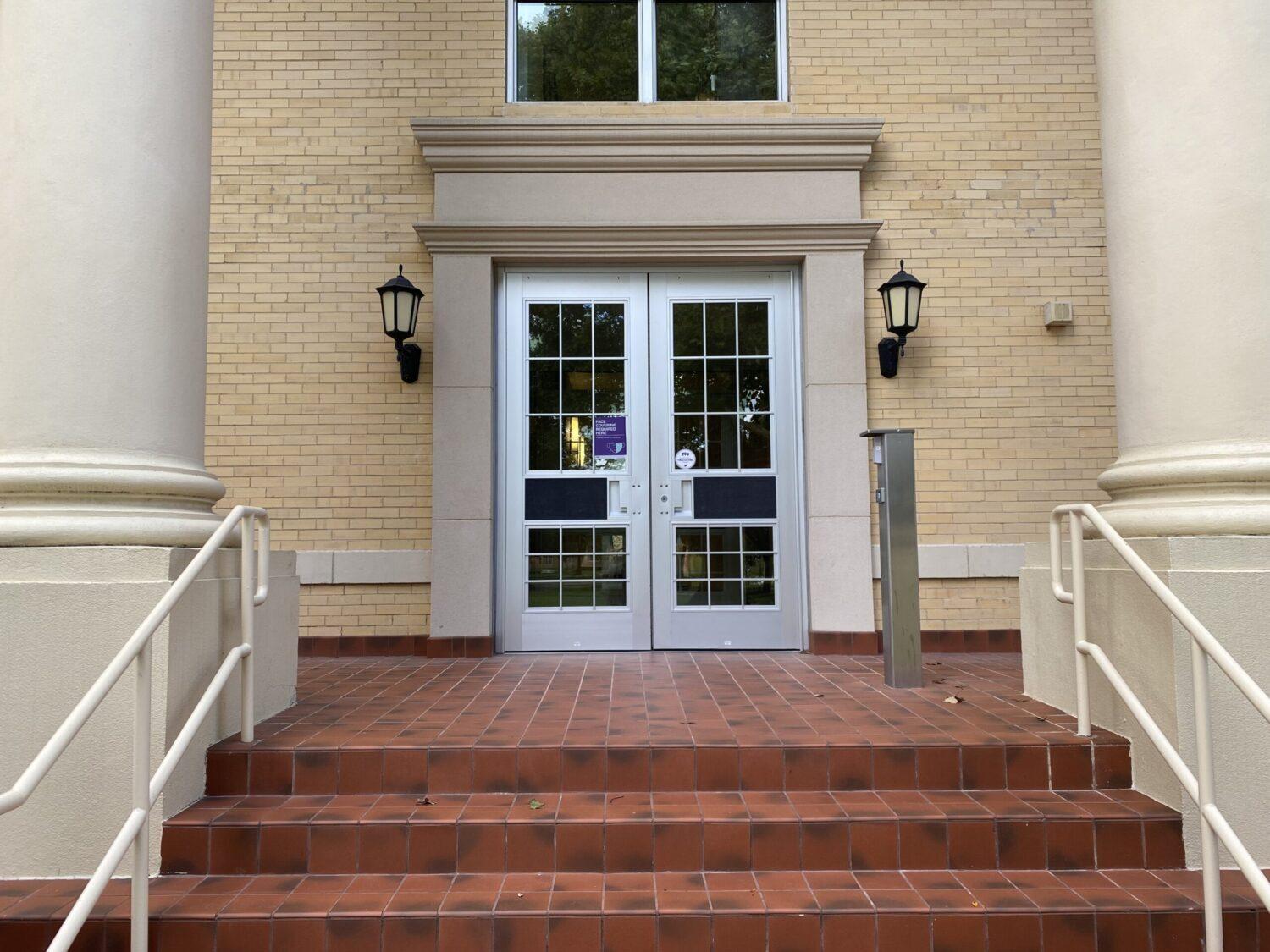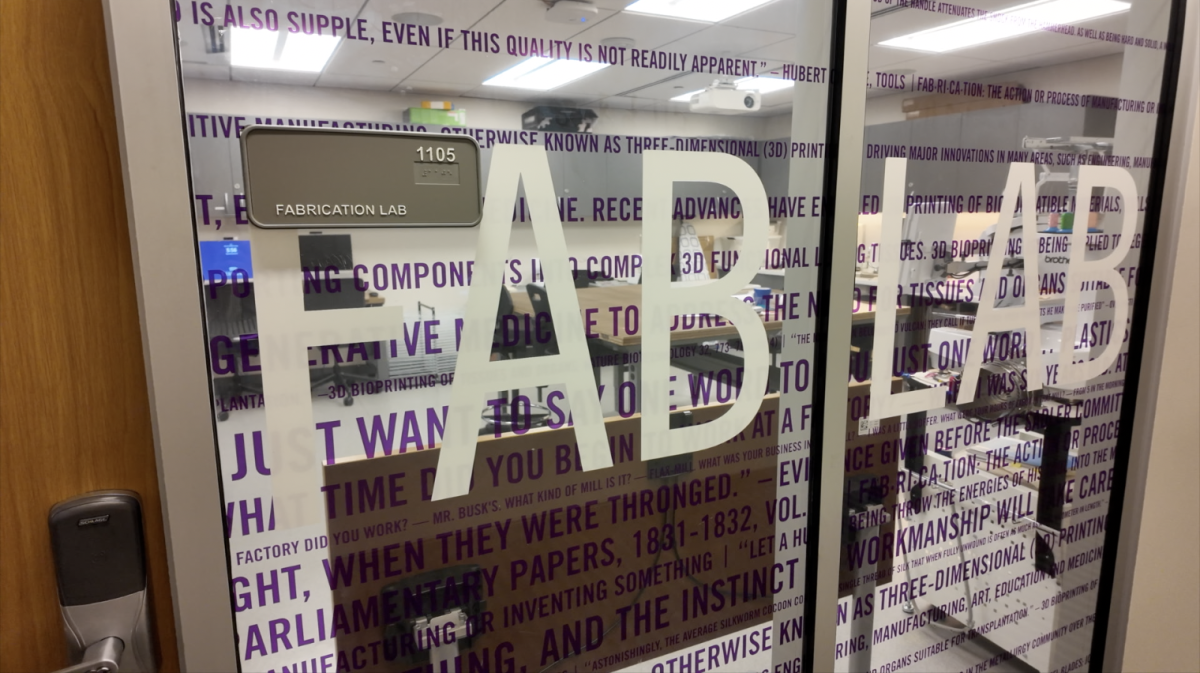In preparation for the progressing academic school year, TCU’s Counseling and Mental Health Center offered support and advice to students having a hard time adjusting to the changing seasons.
Life as a college student can be challenging. With only a few weeks left, students must continue to navigate the rigorous courses and heavy workloads that accompany a closing first semester.
In addition, students also have to adjust to the changing seasons and dropping temperatures. It’s no surprise that students tend to experience more difficulty with classes and schoolwork in the fall and winter seasons. The transition into shorter days with less sunlight causes changes in their routines that can sometimes be challenging to readjust to.
Students may experience higher levels of stress, anxiety and depression during this time. A form of depression directly influenced by the changing seasons is seasonal affective disorder (SAD), also known as seasonal depression.
Livvy Milner, a sophomore business major, found that the seasonal changes have a negative impact on her mental health. Milner has experienced seasonal depression before, and it continues to affect her. She said that the sudden time change and early sunset interrupt her routine.
“It just makes me want to stay indoors all the time. It’s almost like I just want to hibernate in the winter,” Milner said. “I’ve noticed that as the days started to get shorter, my sleeping schedule started getting worse and worse.”
According to Leah Carnahan, Assistant Director of the TCU Counseling and Mental Health Center, the center reported the most common cases of mental health issues in anxiety and depression year-round. During the fall and winter seasons, Carnahan had seen an increase in the number of students seeking help.

TCU’s Counseling and Mental Health Center offered a variety of resources and assistance for students navigating their way through these changes year-round.
“No matter when it is, we just encourage students to seek support,” Carnahan said. “If it’s something to where their mental health is at the point to where it’s impacting their functioning, and they know they’re not performing as well or know that they aren’t as healthy […] no matter when that is, seek out support.”
Carnahan urged students to take advantage of peer support groups and one-on-one sessions with specialized counselors.
If students are unable to schedule a one-on-one session with a counselor, Carnahan said that peer support groups are a great resource if appointments are difficult to schedule.
“You have some support from other folks, whether it’s your peers that have had these similar experiences that are struggling right alongside you or that positive, supportive environment that can maybe give you a little bit of a boost before you can get that appointment,” Carnahan said.
If students need to seek immediate help, they can call the 24/7 phone counseling hotline at 817-257-7233. Most students who have called the hotline seek help during a panic attack.
“They might be studying for a test, and it’s two in the morning. That’s a great resource they can use right then to help bring that panic down, stay calm, recenter and be able to move forward,” Carnahan said.
Carnahan also stressed the importance of seeking help when it’s needed. She said that encouragement from other students makes seeking help easier and normalizes the stigma around it.
“Don’t wait to seek help. If you’re struggling now, ask now,” Carnahan said. “I think it’s crucial that we understand that we all can have challenges and be supportive of one another.”
For those students experiencing high levels of stress, anxiety or depression, Carnahan advised them to put more effort and energy into doing the things that give them joy. If students are unable to do that, she suggests finding alternative ways to fulfill those areas.
“Little things, like getting up early, making my bed and showering every morning are good ways to start my day. I also like to try and find fun activities to do outside, especially when it’s colder,” Milner said. “Another thing that really helps is making plans with friends ahead of time and holding myself accountable to getting out of my room more.”
Getting enough sleep, making sure to eat throughout the day between classes and staying hydrated are key factors that benefit students throughout the semester. As soon as students get into these good routines and practices, the more that they will benefit from them.
“Our mental health is that foundation, and if that’s not in a good place, we know that oftentimes our physical health, academic performance and relationships may suffer,” Carnahan said. “Having that in a good and healthy place is personally the foundation.”
The TCU Counseling and Mental Health Center is open Monday through Wednesday from 8 a.m. to 8 p.m., and Thursday through Friday, from 8 a.m. to 5 p.m. If students wish to schedule an appointment, they can call the main office at 817-257-7863. Students may also email the front office at [email protected] or visit the center in Jarvis Hall to schedule an appointment.










